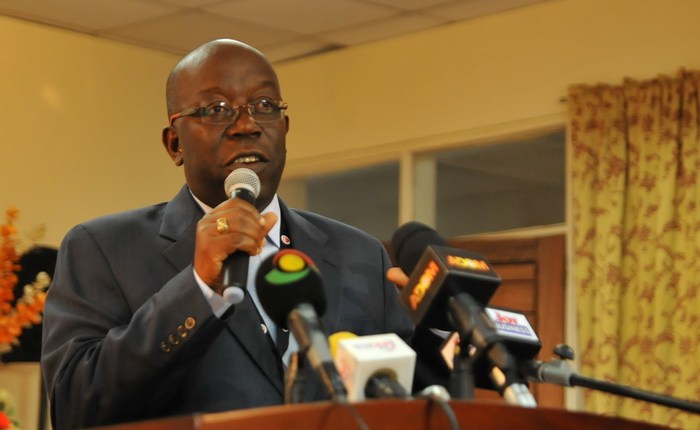Private sector contributions to SSNIT improve by 3.9%

Private sector workers’ contributions to the Social Security and National Insurance Trust (SSNIT) Pension Scheme amounted to GH¢610.81 million during first quarter of 2020 compared with GH¢587.83 million recorded for the fourth quarter of 2019.
The increase in contributions made during the first quarter of 2020 represents a growth rate of 3.9 percent over the amount collected during the last quarter of 2019, according to the latest Bank of Ghana (BoG) quarterly bulletin released recently.
Year on year growth rate in contributions was 24.8 percent as GH¢489.43 million was collected during the first quarter of 2019.
The report assessed that the improvement in private workers’ contributions to the SSNIT pension scheme could be attributed to the registration of new employees as well as improved compliance by private sector employers.
Over the years, the Trust has made considerable efforts aimed at increasing the rate of contribution to the Scheme, most especially, within the private sector which has largely been non-compliant.
Indeed, the quarterly bulletin which insists that the improvement in private workers’ contribution to SSNIT is as a result of improved compliance by private sector employers implies that gradually, the narrative is being changed.
In a move to increase pension coverage, SSNIT recently launched its Virtual Infozone to educate both contributors and the public about the Scheme and its benefits, which is largely intended to enable people yet to join Trust pension scheme do so.
Already, the public have expressed satisfaction about the Virtual Infozone programme – an information-sharing platform that allows the Trust to use various digital meeting channels such as Facebook Live, Zoom and WhatsApp – which suggests that it is likely the contributors’ base might increase significantly this year over the existing members of more than 1.6 million as at December, 2019.
The 2019 pension report on Ghana’s informal sector stated that though significant investments have been made in contribution collection processes, the scale of the effort still required of the industry to reach all informal sector workers who are able to save remains substantial.
It has already made some recommendations to assist Ghana increase its pension coverage in the informal sector, adding that viability of pension administration is largely driven by economies of scale.
“If a new or existing informal sector scheme is given sole responsibility for covering the cocoa farmers, economies of scale could be achieved. This will allow outreach to other groups of informal sector workers in a financially viable manner”, the World Bank asserted in its report on pensions coverage in Africa’s informal sector.
However, the World Bank report indicated that the coverage of the elderly through contributory pension schemes is not expected to improve. But the first tier scheme’s management is undeterred, looking to improve coverage of formal private-sector workers for growth in overall contributor numbers.



